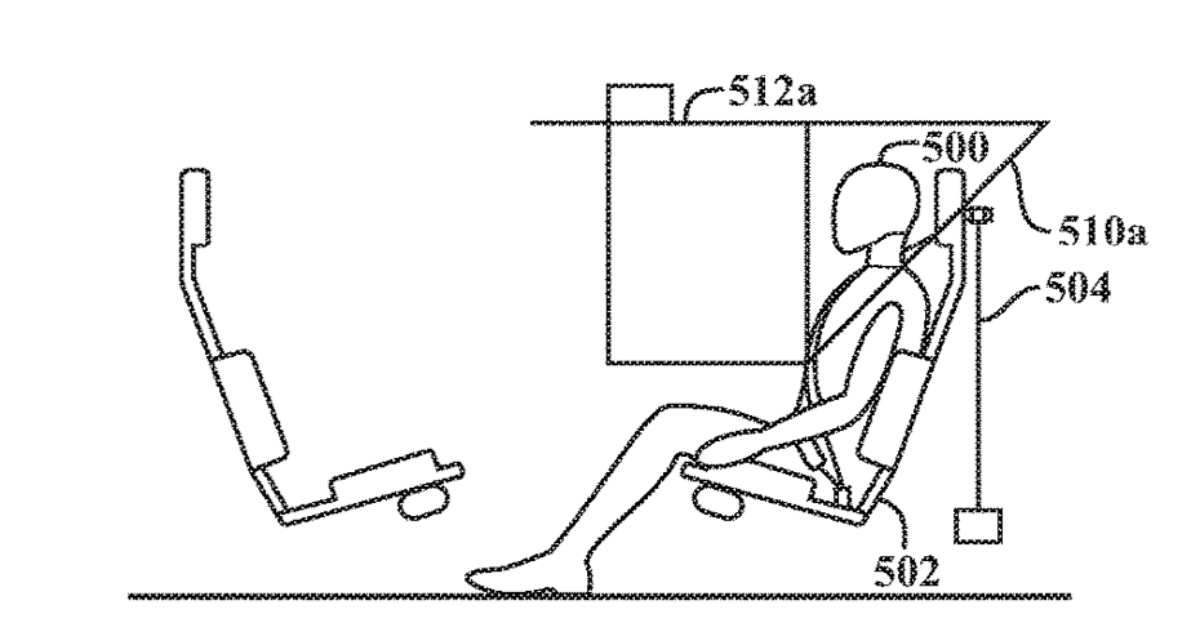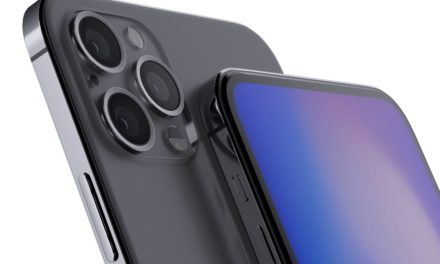Let the Apple Car rumors roll on. Apple has been granted a patent (number 11,104,291) for “occupant safety systems” for a vehicle.
About the patent
In the patent data, the tech giant notes that existing occupant safety systems for traditional, one- two- or three-row vehicles, such as restraints including seatbelts and airbags, can reduce the risk of injury during a collision. Vehicular airbags often use interior components such as dash panels, roof rails, and steering wheels both for packaging purposes and to provide reaction surfaces to interact with the airbags and provide the necessary reaction force. However, Apple says that, in the absence of adequate reaction surfaces or tethers, airbags would deflect too much to adequately protect an occupant during a collision.
What’s more, during a collision, occupants are protected from loose objects placed on empty seats within a traditional one- two- or three-row vehicle, such as backpacks or electronic devices, by seat backrests acting as barriers, the backrests impeding motion of the loose objects between the rows of seats. In non-traditional vehicle designs, for example, where rows of occupants face each other within the passenger compartment, there are limited options for reaction surfaces, tethers, and loose-object handling. Apple says that “new approaches to occupant safety systems are thus desired.”
Summary of the patent
Here’s Apple’s abstract of the patent: “Occupant safety systems suitable for use in both traditional and opposed seating systems include various combinations of passive safety components: sensors that provides an output signal indicative of an imminent collision, seats selectively moveable relative to seat support structures in response to the output signal, inflatable restraints deployable from lap portions of a tensioned restraint based on the output signal, airbags deployable from a roof of a vehicle based on the output signal, cabin dividers deployable from a side of a cabin of the vehicle or the roof of the vehicle based on the output signal, and curtain airbags deployable between an occupant and the side of the cabin of the vehicle based on the output signal.”
When might we see an Apple Car?
The status of an Apple auto is unclear. On June 2, Bloomberg reported that Apple has lost “several” top managers from its “Apple Car” project. Here’s what the report says: Apple Inc. has lost multiple top managers of its self-driving car team in recent months, a sign of attrition at the division involved in what could become an important future product.
If an Apple Car ever arrives, it probably won’t arrive until 2024 at the earliest. In fact, Apple analyst Ming-Chi Kuo doesn’t expect it until at least 2025.The accompanying graphic illustrates a vehicle comprising a transparent surface which provides an augmented reality display that modifies occupant-perceived information presented by a sign located in the external environment.
Article provided with permission from AppleWorld.Today





